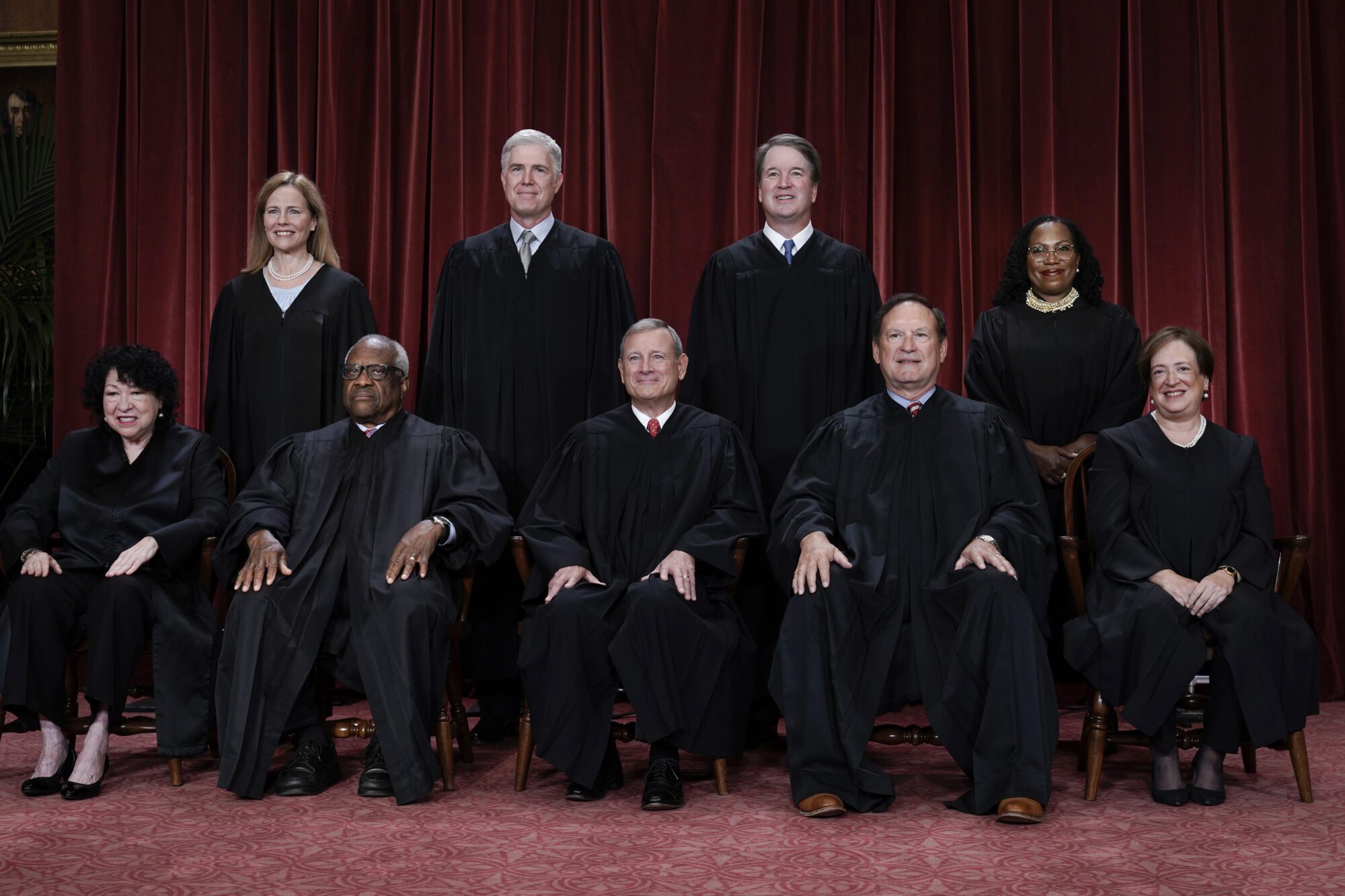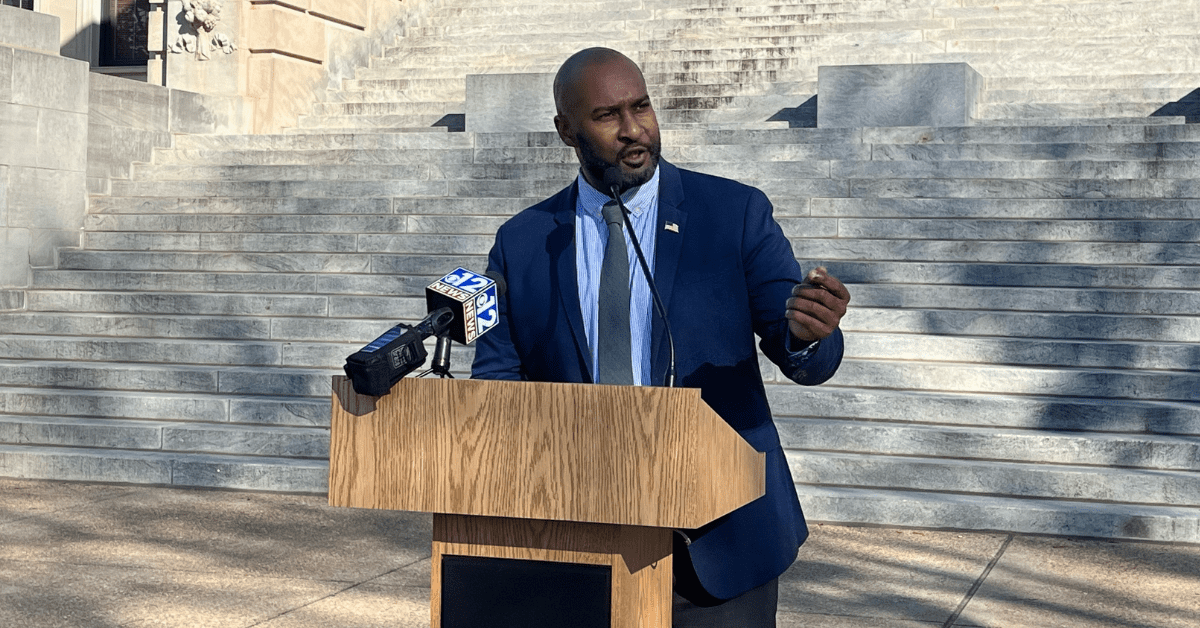
- If HB 994 becomes law, low income students will become eligible for the Mississippi Tuition Assistance Program (MTAG) and size of grants will increase.
Last session, a bill to revise Mississippi’s financial aid program for college hit snags. Lawmakers are hopeful they can overcome those obstacles this year. Representative Donnie Scoggin has filed a bill, HB 994, that, if signed into law, would expand the Mississippi Resident Tuition Assistance Grant program.
The bill passed out of the House’s Universities and Colleges Committee this week and now heads to the Appropriations Committee for consideration.
Proponents argue the changes represent one more tool in efforts to prepare Mississippi’s workforce for tomorrow.
“MTAG, was created nearly 30 years ago in 1995, and it has served the state well, with nearly three-quarters of a million Mississippians benefitting over the years. Over that time, tuition has more than tripled, and the costs of housing, food, and books has increased by more than five times, but MTAG has not changed,” said Jennifer Rogers, Director of Student Financial Aid for the Mississippi Department of Financial Aid and Executive Director of the Mississippi Postsecondary Education Financial Assistance Board.
“The award amount remains the same as it was in 1995, and the state’s neediest students remain excluded. This proposal aims to make MTAG relevant for today’s Mississippi students and meet today’s workforce needs.”
Currently, Mississippi offers three primary financial aid programs — MTAG, HELP and the Mississippi Eminent Scholar Grant. HELP provides grants to low income students. MTAG presently excludes students who are eligible for full federal Pell Grants. The Eminent Scholar program is for high achieving students.
Under the new law, low income students who qualify for full Pell Grants would be allowed to apply for MTAG. The amount of MTAG awards would also increase and the current requirement of a 2.5 GPA and a minimum ACT score of 15 would be removed.
Currently, MTAG awards $500 for eligible freshman and sophomores and a $1000 for eligible juniors and seniors. The increased caps under the newly proposed law are based on income levels:
| Family Income | Freshman/Sophomore* | Junior/Senior |
| 0-50% of Median Income | $1,000 | $2,000 |
| 51-99% of Median Income | $750 | $1,500 |
| 100%+ of Median Income | $500 | $1,000 |
“Ultimately, this is a workforce investment bill. Ascent to 55 percent is Mississippi’s goal to increase to 55 percent the proportion of workers in Mississippi with a credential of value beyond high school. With higher qualifications, individuals can demand better wages and enjoy personal social mobility. With a more qualified workforce, the entire state will benefit from a higher labor force participation rate, less demand on social services, and increased economic development opportunities,” Rogers added.
In order to qualify under the new law, a student must still be a resident of Mississippi accepted to attend an institution of higher learning, such as a regionally accredited university or community college, and the student completes the necessary application forms. Those forms include the Free Application for Federal Student Aid and the Mississippi Aid Application each year the student intends to attend the institution of higher learning.
Students would need to be enrolled in classes on at least a half time basis, which is a change from the current requirement of full-time enrollment status.
MTAG funds can not exceed the student’s total cost of attendance, including books, meals, tuition, rooms, materials and fees.
According to the U.S. Census Bureau, the median family income in Mississippi is approximately $86,573. Families making less than the median income could receive more in MTAG grants, should the bill receive the Governor’s signature.
Families of four that make between 51 percent and 99 percent of the median income could be capped at $1,500 for juniors and seniors and $750 for freshmen and sophomores per semester.
Those families of four that make less than 50 percent of the median incomes would be capped at $2,000 for juniors and seniors and $1,000 for freshmen and sophomores, under the bill.
“The proposed changes will make it more affordable for more than 37,000 Mississippians to pursue a meaningful credential beyond high school. The lowest income students, many adults already in the workforce, and those unable to attend full-time are currently unable to access state financial assistance to pay for college. This bill expands the state’s primary grant program to help these students pursue their goals of upskilling for a promotion, retraining for a new career, earning a certificate, or even completing a degree,” Rogers said.
Students will need to maintain at least a 2.5 GPA while attending the institution of higher learning and they will only receive benefits for up to eight semesters to complete their bachelor degree or four semesters for an associate degree.
Editor’s note. This story was updated to include the median family income instead of the median household income. The median family income is higher, and is the income MTAG takes into consideration.










